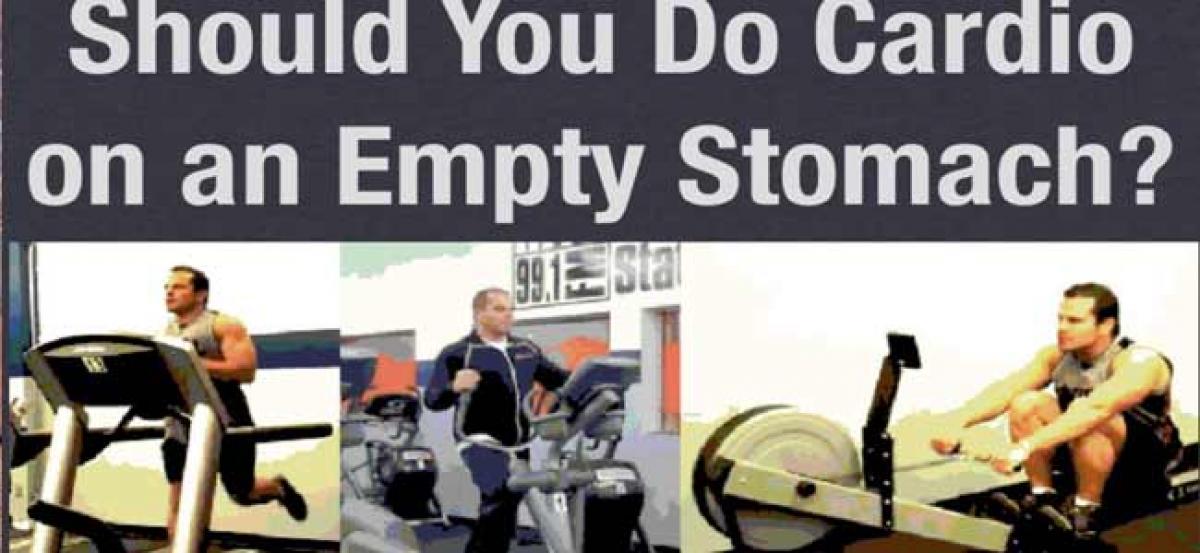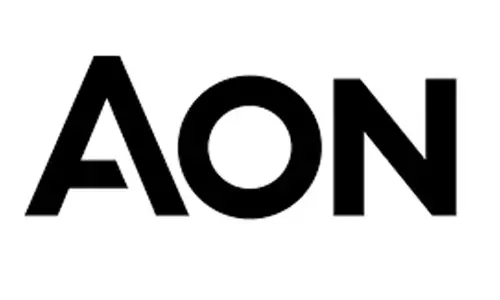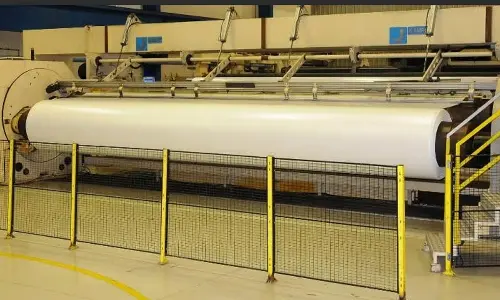IS IT OK TO DO CARDIO ON AN EMPTY STOMACH?
Share :

One of the great arguments in fitness and nutrition that may never get settled is whether or not to do cardio on an empty stomach. \"Fasted cardio\", say its proponents, will allow you to burn more fat than if you eat beforehand.
One of the great arguments in fitness and nutrition that may never get settled is whether or not to do cardio on an empty stomach. "Fasted cardio", say its proponents, will allow you to burn more fat than if you eat beforehand.
Let's look at the pros and cons of this approach.
Glycogen is the stored carbohydrate that your body uses as its preferred fuel source during exercise. The fasted cardio crowd says that because glycogen is somewhat depleted in the morning after the night's fast, your body will burn a greater percentage of fat during training as its next resort.
Now a smart nutritionist will tell you that your body can store glycogen for 12 to 16 hours before it absolutely must be replenished by a meal. If it isn't, your body will turn to MUSCLE (ee gads!) to break down for glucose (quick energy). This isn't negotiable. With trace levels of glycogen in your system, your body CAN'T burn fat. It has to use muscle. When you burn up muscle, you're basically inviting your body to store more fat, not to mention look and feel weaker and flabbier. Sucks, doesn't it?
Most of us have some sort of meal within two hours before we go to bed and we rarely sleep for more than 8 hours, so if you get up and start training 10 or so hours after your last meal, your glycogen will be low, but it won't be gone. So it could be argued that you'll have just enough glycogen left to allow your body to burn fat, but low enough levels that you'll burn more fat than normal to compensate for it.
Now the question becomes what kind of cardio you're doing. The fasted cardio believers usually say to keep it to a light jog or elliptical session for around 45 minutes. When your body exercises at a low intensity, it does use more fat than carbohydrate. However, because the work is easier, you're not burning as many calories. It's pretty clear that you couldn't run sprints or do some other high-intensity exercise as the lack of glycogen in your system wouldn't allow for it. You'd feel tired and you wouldn't be able to train hard. Worse, you'd force your body to harvest muscle that much sooner.
With all this said, I recommend that you DO NOT train on an empty stomach. Yes, many bodybuilders do it, and they're huge. But they're also bodybuilders, and thanks to good genetics, a high level of muscle mass, and--sometimes--steroids, muscle burning isn't as big a problem for them. If in fact you do burn more fat on an empty stomach, and let's say you avoid burning up any muscle for fuel, it's still not going to get you the best results in the least time. Scores of studies and a ton of evidence as presented by the world's best trainers shows that brief, intense workouts are best for making drastic and lasting changes to your body--building muscle and burning fat.
You'll be able to burn more calories in a session if you train after a solid meal, and you'll support muscle mass, which burns calories all day long just by sitting on your body. So if you want to lose fat and get a lean, ripped look, I would recommend the following.
Perform strength training three days a week and cardio three days a week. The time of day isn't important, as long as the cardio does not directly precede the strength training. Let the cardio be interval training. For example, sit on an exercise bike and pedal hard for 10 seconds, and then easy for 20-30 seconds. Repeat that for 15-20 minutes. You can also sprint, jump rope, do circuits of body-weight exercises... it doesn't really matter. Just adhere to the idea that you have to train hard for short bursts, and then go easy a little while to recover. Repeat.
Eat a carbohydrate-dense meal about an hour before every workout, such as oatmeal or a whole-grain cereal, and have a protein and carb meal soon afterward, such as chicken and rice.
If you do everything else wrong, I bet you'll still make good progress.














